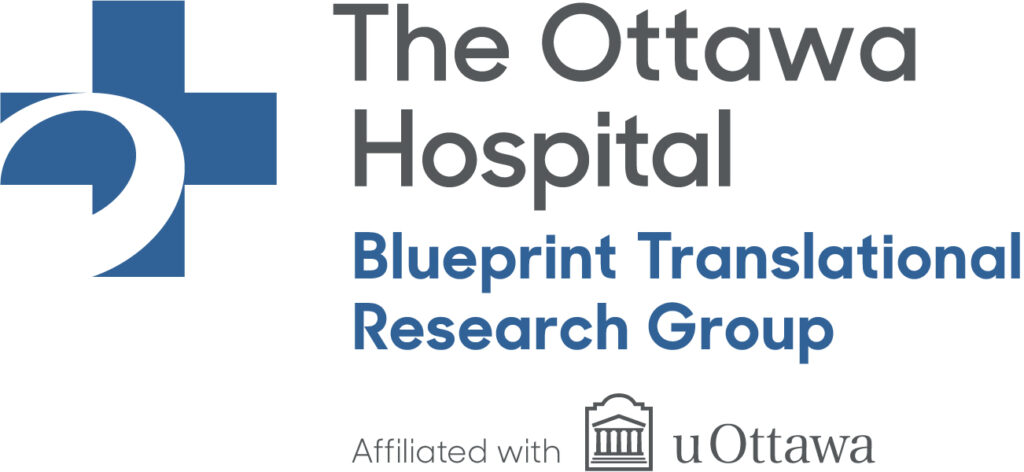What can funders do about predatory journals?
Funders are an important interest holder in the fight against predatory journals. We suggest funding agencies ask themselves the following four questions in order to contribute to addressing the problem of predatory journals:
Agencies should provide mandatory training to researchers about responsible scholarly dissemination. This need not be a major cost investment, for example, Rising Scholars runs Massive Open Online Courses (MOOCs) addressing this topic.
Agencies should develop policies and audit these policies to ensure researcher compliance.
Agencies should consider the format and type of information they request from researchers when submitting grant applications and whether this information promotes quality practices. Agencies should consider signing and implementing DORA, or related initiatives.
Funding to support meta-research is important to study predatory journals over time. This funding is also more broadly applicable to understanding, evaluating, and improving scholarly communication over time. Funding for meta-science aligns with other policy changes occurring in this space, existing and incoming mandates related to open science (e.g., open access publishing, data sharing, study registration).
Why should funders and academic institutions care about predatory journals?
Work published in predatory journals is not disseminated responsibly and may not be properly indexed or archived. Another common concern is that the work may not undergo peer review (the evaluation of manuscripts by other experts in the same field). Work published in these journals may also not comply with rigorous standards for biomedical research protocols or expected reporting quality standards. Therefore, if funded research ends up in predatory journals, it is a waste of resources since the quality of dissemination at these journals is suboptimal.
Funders and institutions ought to be concerned that some of the legitimate research they support – i.e., ‘good science’ – is ending up in predatory journals too.

Stop this waste of people, animals and money

In a sample of nearly 2,000 biomedical articles in presumed predatory journals we found that approximately 17% reported funding, and that among these, the NIH was the leading funder. This paper also highlighted the global toll of predatory journals and suggests that the conventionally held wisdom by many that predatory journals are only a problem in the global South is false.
The San Francisco Declaration on Research Assessment (DORA)
Part of the reason predatory journals exist is due to the ‘publish or perish’ ecosystem where a researcher is valued by the number of publications they have. The San Francisco Declaration on Research Assessment (or DORA) recommends against using journal-based metrics, like Journal Impact Factors, to assess a scientist’s contributions or when looking to hire, promote, or fund. Many funding agencies globally have signed DORA – If funding institutions truly commit to implementing DORA and choose metrics that reflect research quality rather than quantity, then researchers publishing in predatory journals are unlikely to be rewarded. Other related initiatives, including the Coalition for Advancing Research Assessment (CoARA), or More Than Our Rank, foster the implementation of a shift in researchers assessment that supports responsible scholarly communication.

A call for policies and statements regarding predatory journals
Interest holders worldwide have begun to recognize the dangers that predatory journals pose, and many have released various statements and policies regarding such journals. Several funding agencies have shown leadership with respect to developing policy.
A consensus definition was established and a plan of action to address predatory journals was formed. This plan included the need to develop a ‘one stop shop’ of resources on predatory journals. This website aims to meet this need. Read more.
Among other things, the statement encourages funded researchers to:
- Adhere to the principles of research integrity and publication ethics
- Identify journals that follow best practices promoted by professional scholarly publishing organizations
- Avoid publishing in journals that do not have a clearly stated and rigorous peer review process.
While at UGC, Professor Bhushan Patwardhan has written about India’s battle against predatory journals. Professor Patwardhan, who is also a member of COPE, helped to establish a Centre for Publication Ethics in 2017 who have created and refined a list of high-quality journals (UGC-CARE Reference List of Quality Journals (UGC-CARE List)). Through initiatives like UCG-CARE (Consortium for Academic and Research Ethics), the government has been promoting inter-institutional collaborations and transdisciplinary research as well as raising awareness around academic integrity and publication ethics.









